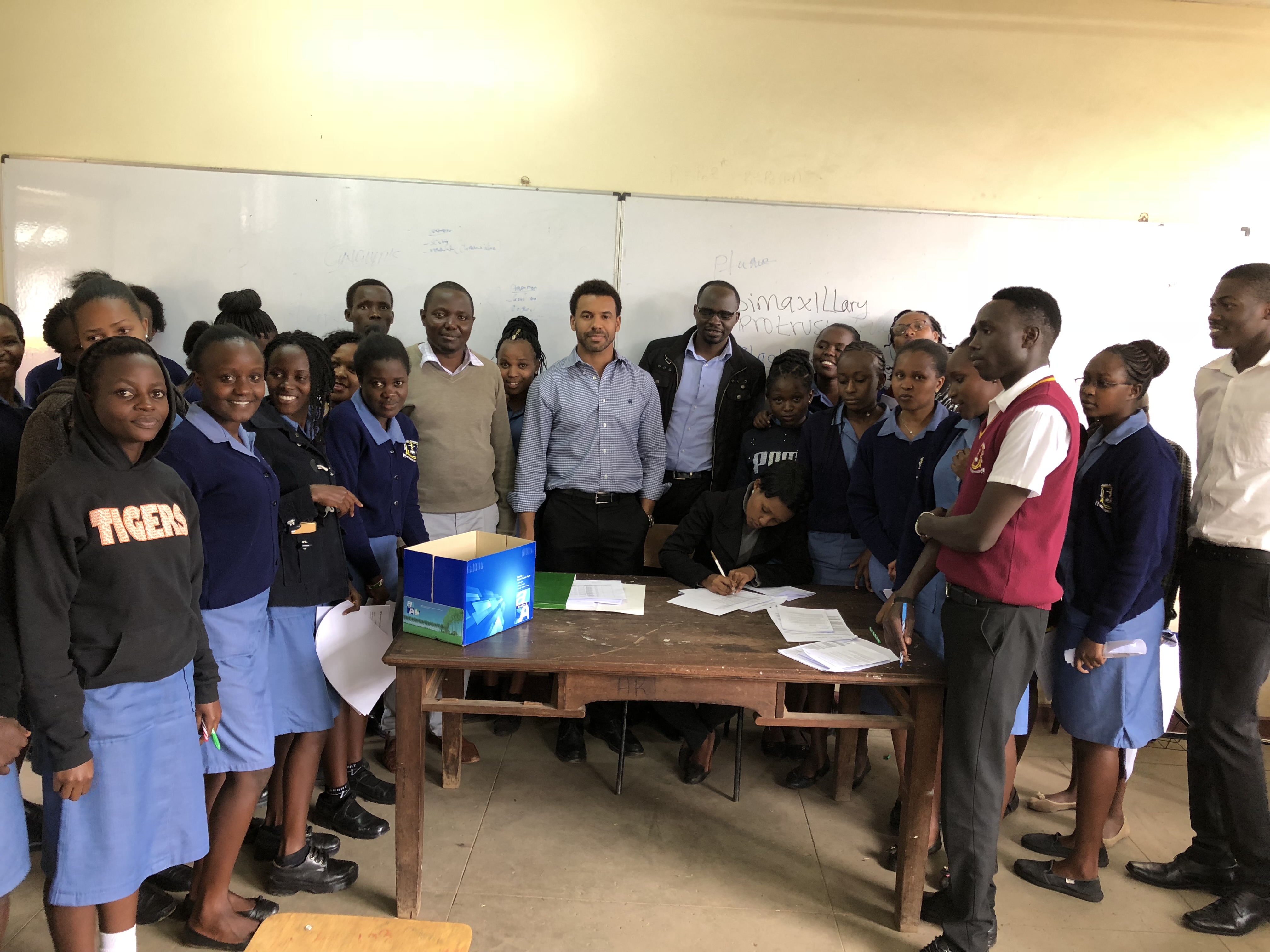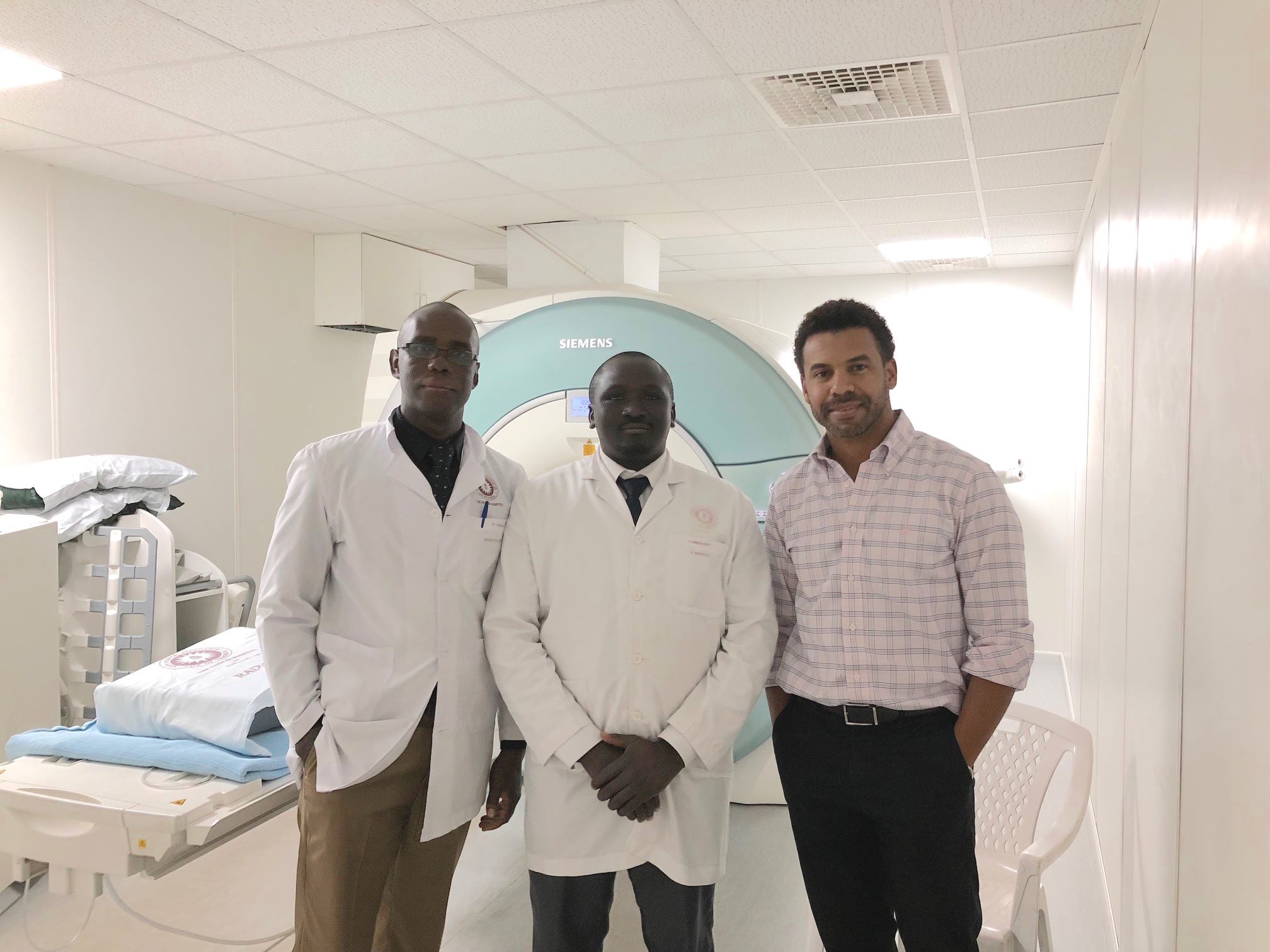
Clinical and Biomarker-Based Trajectories of Psychosis-Risk Populations in Kenya
OVERVIEW OF THE STUDY
This study will build research capacity in Kenya for studying those at clinical high risk (CHR) for psychosis. The study will also recruit 100 CHR and 50 health control participants and follow them over a two-year period. Multi-modal prognostic or predictive biomarkers will be collected that span psychopathology, cognition, MRI, electrophysiology (ERP/EEG), cortisol, and genetics. The purpose of this research is to better characterize and improve prediction of outcomes in the CHR population in Kenya and compare clinical and biomarker trajectories to that from an international CHR cohort. This would improve our understanding of the CHR population in Africa, allowing us to refine etiological models, stratify patients, and inform decision-making regarding treatment.
WHO IS NEEDED?
Individuals ages 13-30 who meet criteria for CHR or a psychosis-risk syndrome.
WHAT IS INVOLVED?
Participants will be seen at 8 visits over a period of two-years. The baseline assessment will take about 7-9 hours and will consist of an initial clinical interview to determine eligibility, clinical and demographic assessments, a neurocognitive assessment, saliva collection, EEG, and MRI. Follow-up visits will be considerably shorter, consisting of clinical assessments, as well as repeat EEG, MRI, and saliva collection at one follow-up.
WHERE WILL THE STUDY TAKE PLACE?
The study will be conducted within various rural and urban communities in Kenya. MRI will be conducted in regional hospitals in Nairobi. EEG will be conducted at the Africa Mental Health Research and Training Foundation.
PRINCIPAL INVESTIGATOR:
Dr. Daniel Mamah (Washington University, St. Louis)
Dr. David Ndetei (Africa Mental Health Research and Training Foundation, Nairobi)


